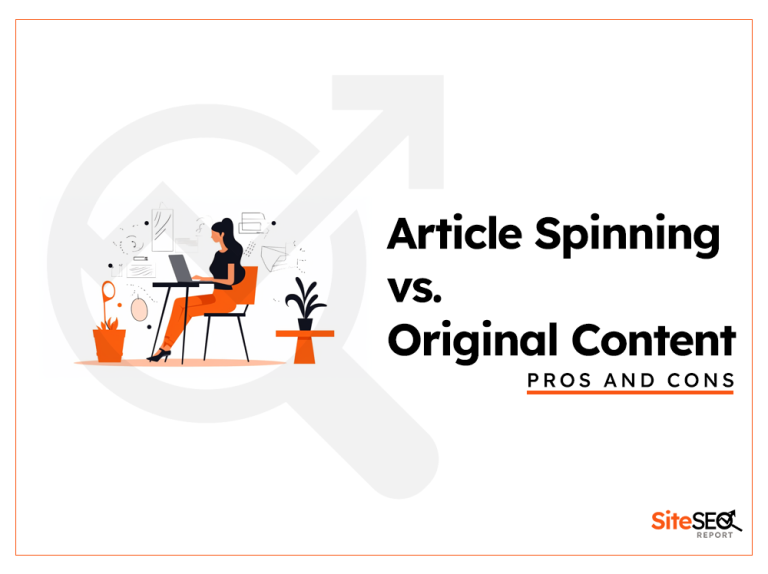When diving into the world of SEO and structured data, two terms often pop up: “Schema” and “Rich Snippets.” While they’re closely related, they aren’t the same thing. Let’s break down the differences in a simple way.
Schema (Schema.org)
Definition: Schema, often referred to as Schema.org, is a vocabulary or set of codes that webmasters can use to markup their pages in ways recognized by major search providers. Think of it as a dictionary of terms and properties that search engines understand.
Purpose: Its primary goal is to help search engines understand the content on web pages, making it easier for them to display relevant results to users.
Usage: Schema markup is added directly to the HTML of a webpage, providing metadata (data about data) about the content. This metadata isn’t typically visible to users but can be read by search engines.
Example: If you have a page about a book, you can use Schema to specify the author, publisher, publication date, reviews, and more.
Rich Snippets
Definition: Rich snippets are the visual representation of the structured data (like Schema) you added to your webpage. They are the enhanced results you see on a search engine results page (SERP).
Purpose: Rich snippets provide users with more detailed information about the search result, which can lead to better click-through rates. They make your search result stand out from the regular blue link and meta description.
Usage: Once you’ve added structured data (like Schema) to your webpage and search engines have processed it, rich snippets can appear in search results. However, adding structured data doesn’t guarantee rich snippets; it merely makes them possible.
Example: If you’ve used Schema markup for a product with reviews, the rich snippet might display the product’s star rating, number of reviews, and price right in the search results.
In Simple Terms
- Schema (Schema.org): It’s like giving search engines a special pair of glasses that helps them see and understand all the details about your webpage.
- Rich Snippets: Once search engines understand those details, they can show off your content in a fancier, more informative way in the search results.
FAQs on Schema and Rich Snippets
What is the main purpose of using Schema markup on my website?
Schema markup helps search engines understand the specific content of your pages, ensuring that they can display the most relevant results to users. By marking up your content, you’re providing explicit clues about its meaning.
If I add Schema markup, will I definitely get rich snippets in search results?
Not necessarily. While adding Schema markup makes your site eligible for rich snippets, it doesn’t guarantee them. Search engines will decide whether to display rich snippets based on various factors, including the quality and relevance of your content.
Are there tools available to test if my Schema markup is correct?
Yes, Google provides the Rich Results Test tool. This tool allows you to input a URL or code snippet to check if your structured data is correctly implemented and if it’s eligible for rich results.
Do all search engines support Schema and display rich snippets?
Most major search engines, including Google, Bing, Yahoo, and Yandex, support Schema. However, the way they display rich snippets and the criteria they use might vary.
Can using Schema markup improve my website’s ranking in search results?
Directly, Schema markup isn’t a ranking factor. However, it can lead to enhanced search results (rich snippets), which can improve click-through rates and user engagement. This indirect benefit might positively influence your site’s ranking.
Also Read
Conclusion
While Schema provides the language for communicating with search engines about your content, rich snippets are the enhanced search results that users see. Together, they work hand-in-hand to improve the visibility and understanding of your web content.






